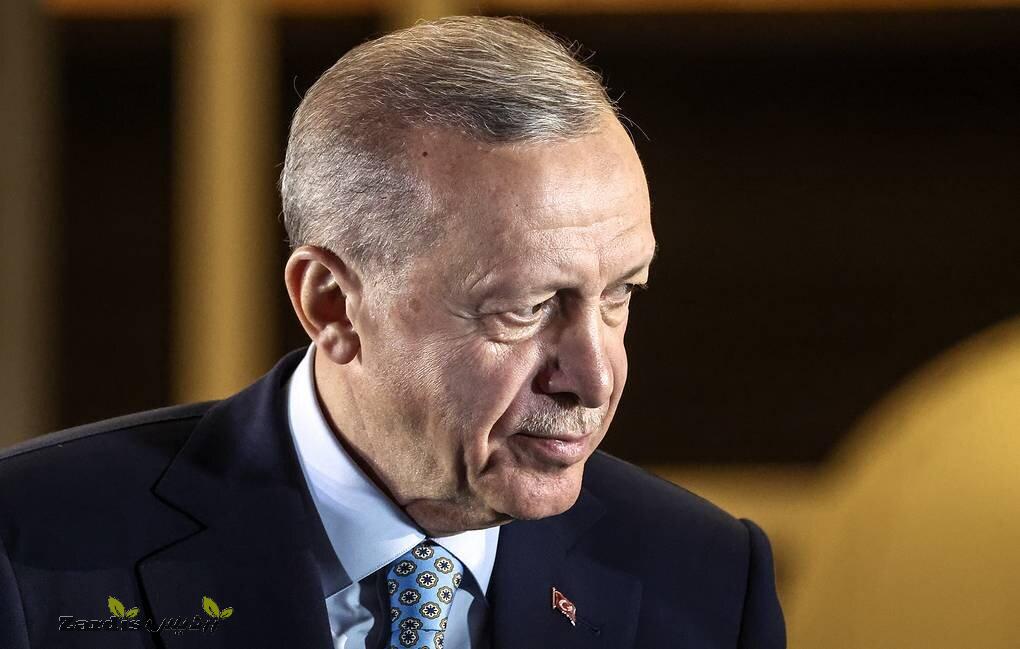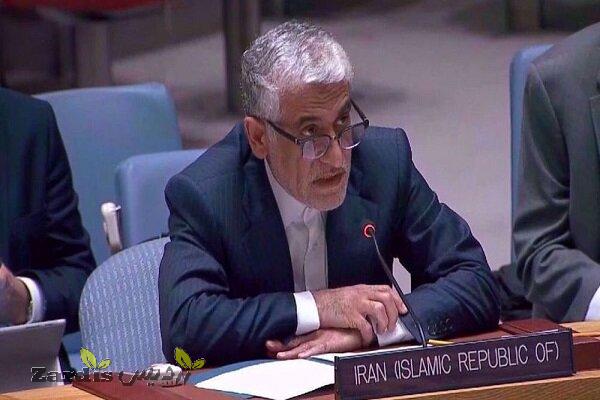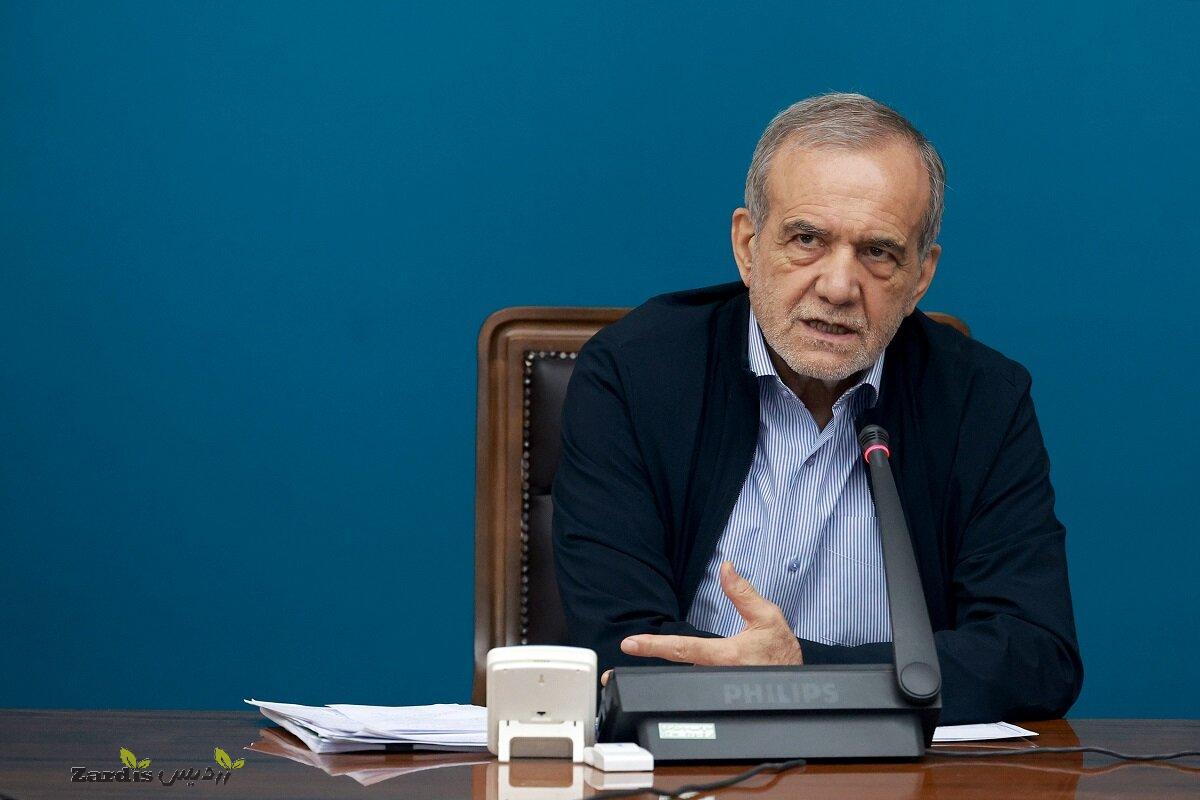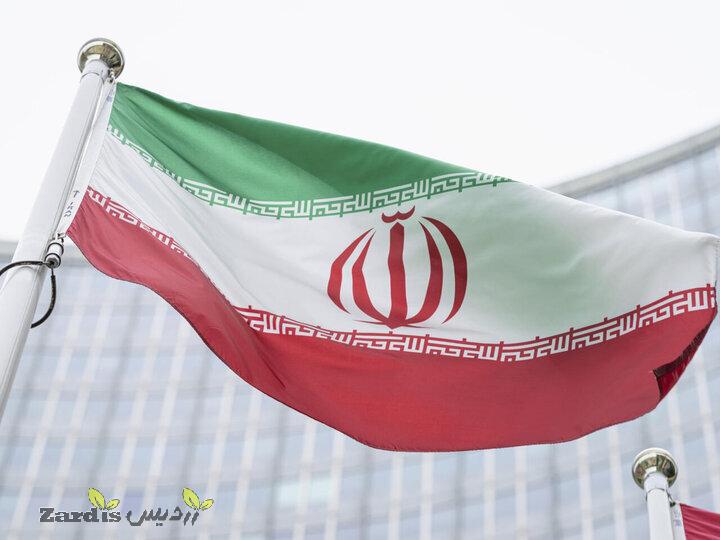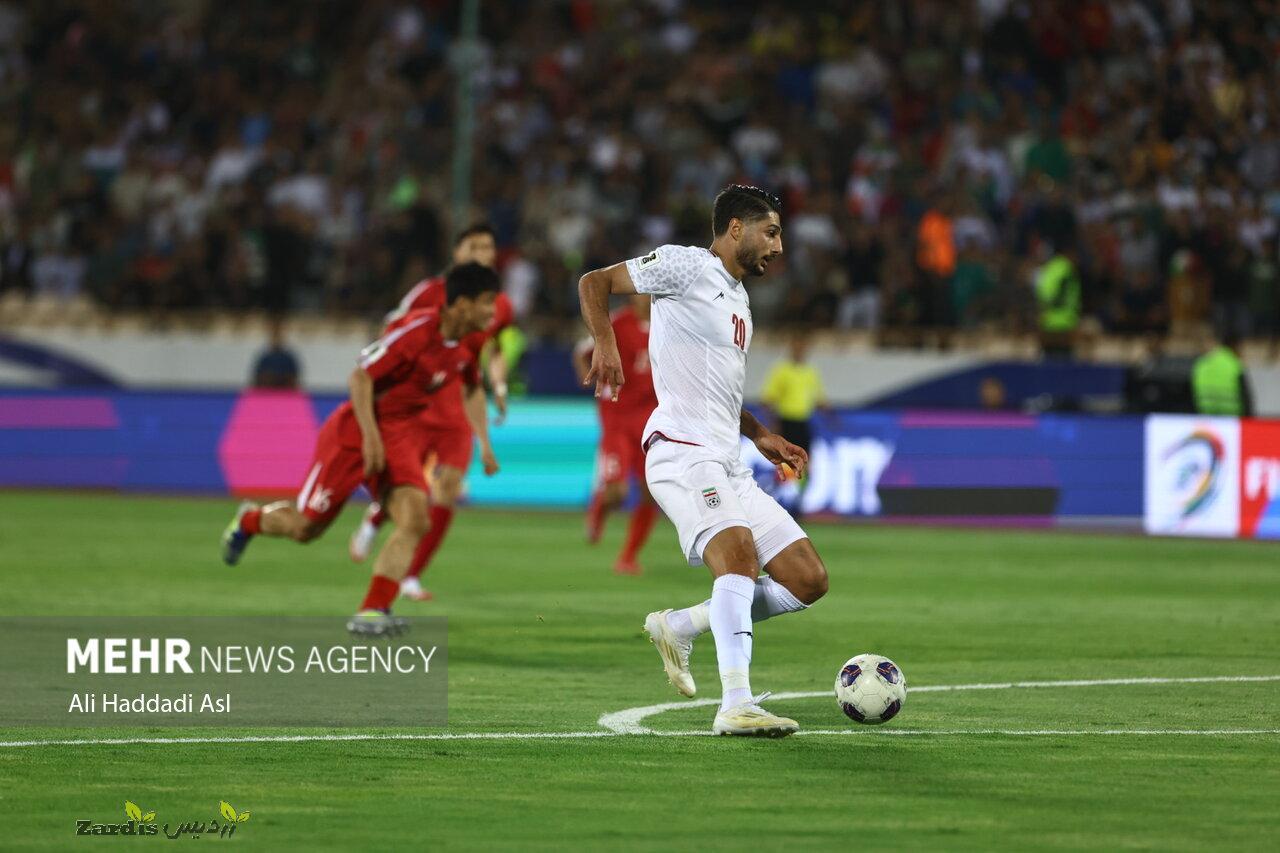In the March 31 local elections, over 61 million voters cast their votes at over 200,000 polling stations with candidates from 34 political parties competing.
The major competing parties were the governing Justice and Development (AK) Party, the main opposition Republican People’s Party (CHP), the Nationalist Movement Party (MHP), the Good (IYI) Party, and the Peoples’ Democratic Party (DEM Party).
Roughly 61 million voters were eligible to cast their votes for mayors, council members, and other administrative leaders across Turkey’s 81 provinces.
Over 1,000 mobile ballot boxes were set up for voters who were unable to travel to the polls due to illness or disability.
Voter turnout was registered at 76%, according to the country’s state-run Anadolu news agency. It said CHP came out ahead in 36 of 81 provinces, including several of Turkey’s largest cities.
In his first speech following the municipal elections on Sunday, President Recep Tayyip Erdoğan hailed what he called the victory of democracy.
The Turkish President called March 31 “a turning point, not an end”, admitting that they could not achieve the desired result.
Turkey’s opposition won a stunning victory across several major cities in the country’s local elections Sunday, dealing a severe blow to President Recep Tayyip Erdogan’s ruling party.
The center-left Republican People’s Party won Istanbul by more than 1 million votes and chalked wins in several other major Turkish cities, including Izmir and the capital Ankara.
The sweeping opposition won in municipal elections across major Turkish cities like Istanbul, Izmir and the capital Ankara could set the country in a new direction.
Contrary to the claims of the AK and the Erdogan government, the people refused to once again trust the mayors of the ruling party.
The Turkish population saw a record-low turnout in the elections yesterday, with only 77% participating – the lowest in 20 years. Factors such as inflation, poverty, dissatisfaction with the government, and the ruling party were cited as key reasons for the decreased participation.
Turkey’s economy has been on a downward spiral since 2018, battling severely high inflation, a weak currency, and struggling foreign currency reserves.
Annual inflation in the country of 85 million was recorded at 67% for February, and Turkey’s national interest rate sits at 50% — with both figures causing significant pain for the ordinary Turkish consumer.
The Justice and Development Party led by Erdogan is facing a major economic crisis, and in the past 10 months, in his third term, the dollar has gone from 20 lira to 32 lira, and poverty and inflation have put pressure on millions of Turkish citizens.
The results of the municipal elections and the fall to the position of the second party in Turkey have practically challenged the legitimacy and credibility of the party.
As many as 17 of Erdogan’s cabinet ministers in Istanbul and Ankara, with dozens of public visits, called on people not to vote for the opposition. But none of these actions paid off, and Erdogan’s party suffered the heaviest defeat in its 23-year history.
In the future, it will be determined how much the heavy defeat of the AK in local elections will affect the course of political developments in Turkey.
MNA/6066503
- زردیس Zardis
- News code 54109
- 141 View
- بدون نظر
Zardis news | The latest news of Iran and the world
تمامی حقوق مطالب برای Zardis news محفوظ است و هرگونه کپی برداری بدون ذکر منبع ممنوع می باشد.
طبق ماده 12 فصل سوم قانون جرائم رایانه ای کپی برداری از قالب و محتوا پیگرد قانونی خواهد داشت.
طراحی و اجرا: سامانه سایت ساز زردیس



